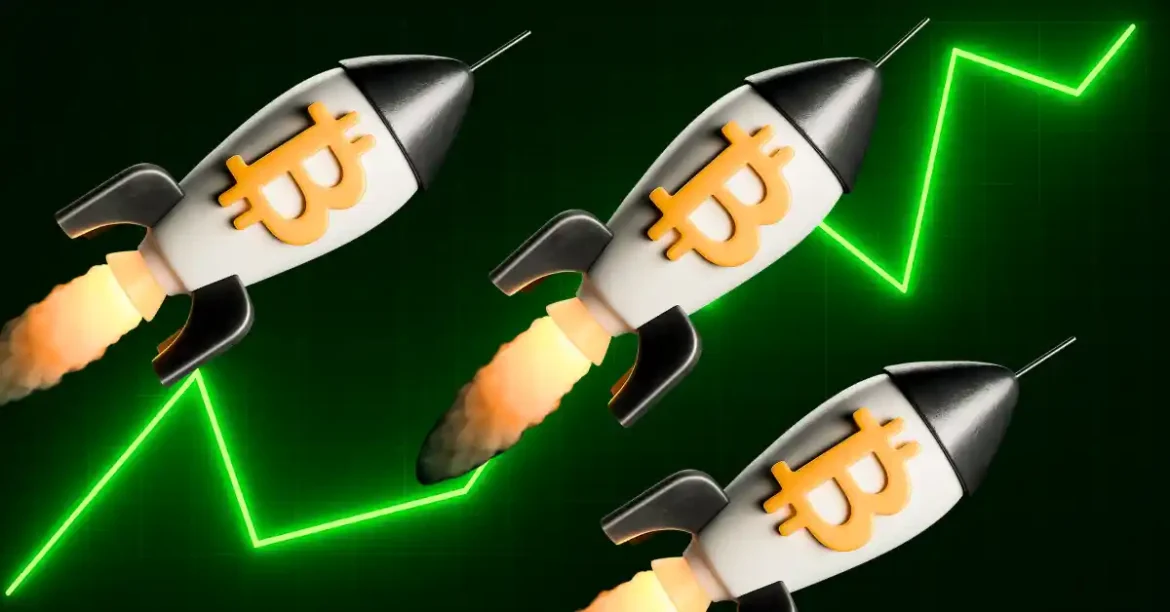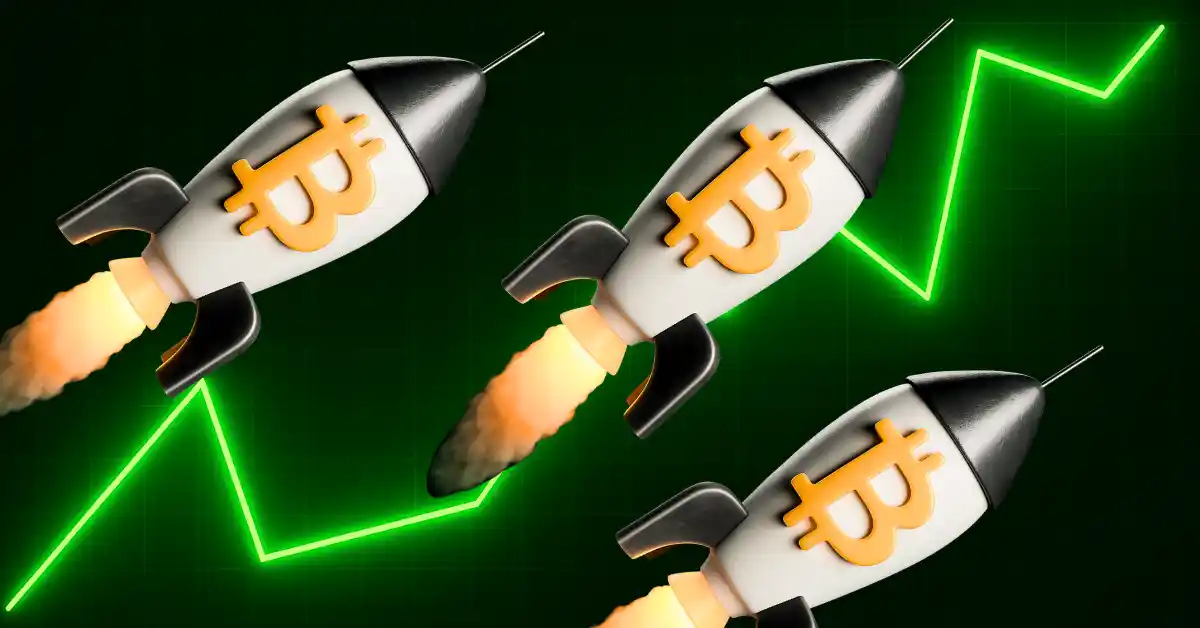The recent lifting of U.S. sanctions on Syria heralds a significant shift in the country’s financial and economic landscape, and one of the most impactful developments is the reopening of major cryptocurrency platforms like Binance to Syrian residents. This change not only signals new opportunities for Syria’s struggling population but also raises complex questions about the country’s reintegration into global finance, the role of digital assets, and the broader geopolitical implications.
Background: Sanctions and Syria’s Financial Isolation
For years, Syria was effectively barred from accessing major global financial networks due to international sanctions primarily imposed by the United States and supported by other Western powers. These sanctions, aimed at pressuring the Assad regime, have severely restricted Syrians’ ability to use international banking, remittance channels, and other financial services. As a result, Syrians often found themselves cut off from legal avenues to safeguard or transfer wealth internationally.
The economic consequences have been dire: the local currency depreciated dramatically, inflation soared, and many relied heavily on informal or alternative means — including cryptocurrencies — to manage their savings and conduct transactions. However, even platforms like Binance, the world’s largest cryptocurrency exchange, had to prohibit users from Syria due to compliance requirements and legal risks stemming from these sanctions.
The Lifting of Sanctions: What Changed?
In a decisive move, U.S. authorities, following policy changes attributed to the Trump administration’s decisions made in mid-2025, lifted all sanction restrictions on Syria. This removal has allowed Binance and other platforms to formally open accounts and services to Syrian residents.
Binance officially announced the resumption of its services in Syria, explaining that with sanctions lifted, they could onboard Syrian users without breaching legal constraints. This move is more than symbolic — it revives access to global cryptocurrency markets for millions who were previously excluded, offering a fresh financial lifeline.
Financial Opportunities for Syrians
The reopening of Binance to Syrian residents unlocks several important avenues:
1. Access to a More Stable Store of Value
With the Syrian pound’s value persistently eroded by inflation and instability, cryptocurrencies like Bitcoin and stablecoins offer a hedge. Syrians can now store and transfer wealth in assets less vulnerable to local currency collapse, providing much-needed financial security.
2. Remittance Flows and Cross-Border Transactions
Many Syrians depend on remittances from family abroad, which are often costly and difficult to execute through traditional means due to sanctions and banking restrictions. Crypto platforms streamline these transactions, cutting fees and time, and circumventing banking hurdles.
3. Financial Sovereignty and Inclusion
Banking penetration in Syria has been low, and post-conflict reconstruction demands innovative financial tools to rebuild commerce and trade. Cryptocurrencies and blockchain technologies foster greater financial inclusion by reducing reliance on damaged infrastructure.
Challenges and Risks
While this new chapter holds promise, it also comes with cautionary elements:
Regulatory Oversight and Security
Syria’s regulatory framework for cryptocurrencies is nascent or non-existent. Without strong oversight, risks of fraud, scams, or misuse of crypto tools could proliferate. There is also a history of illicit actors exploiting crypto platforms globally, and establishing secure, transparent operations will be essential.
Geopolitical and Compliance Risks for Platforms
Binance itself has faced significant penalties (over $4 billion) from U.S. authorities for prior sanction violations and lax controls. Although sanctions on Syria have been lifted, political volatility continues in the region, presenting ongoing risks that platforms and users must navigate carefully.
Economic Reconstruction vs. Political Realities
Though sanctions relief opens financial doors, Syria remains politically unstable with unresolved conflict dynamics. Economic recovery will depend not just on access to finance but on comprehensive efforts to rebuild physical infrastructure, governance institutions, and secure investment climates.
Broader Economic Implications
The lifting of sanctions and re-entry into global finance coincides with other encouraging signals:
– The Damascus Securities Exchange has recently reopened for trading after a pause caused by political upheaval, indicating attempts to revive traditional financial markets.
– Discussions within Syria’s economic research circles suggest proposals for formal Bitcoin adoption and digital currency integration as part of post-war economic reforms.
– Neighboring and diaspora investors are showing willingness to explore opportunities, especially in sectors like construction, telecommunications, and energy.
These developments collectively suggest that Syria’s economy may gradually transition from isolation to integration, leveraging both traditional and digital financial instruments.
Conclusion: A New Financial Horizon for Syria
The removal of U.S. sanctions ushers Syria into a new era where digital financial tools like Binance can empower millions of Syrians facing harsh economic realities. By regaining access to cryptocurrency markets, Syrians gain alternatives to a crippled banking system, potentially stimulating commerce and remittances critical for recovery.
However, the journey ahead is complex. Sustainable benefits will depend on establishing robust regulatory frameworks, ensuring platform security, and navigating volatile political landscapes. If managed well, this newfound financial openness can serve as a stepping stone toward rebuilding Syria’s shattered economy and reintegrating it into the global financial system.
This moment marks not just the unblocking of crypto pathways, but a symbol of resilience and hope for a people eager to reclaim economic agency amidst years of conflict and hardship.





